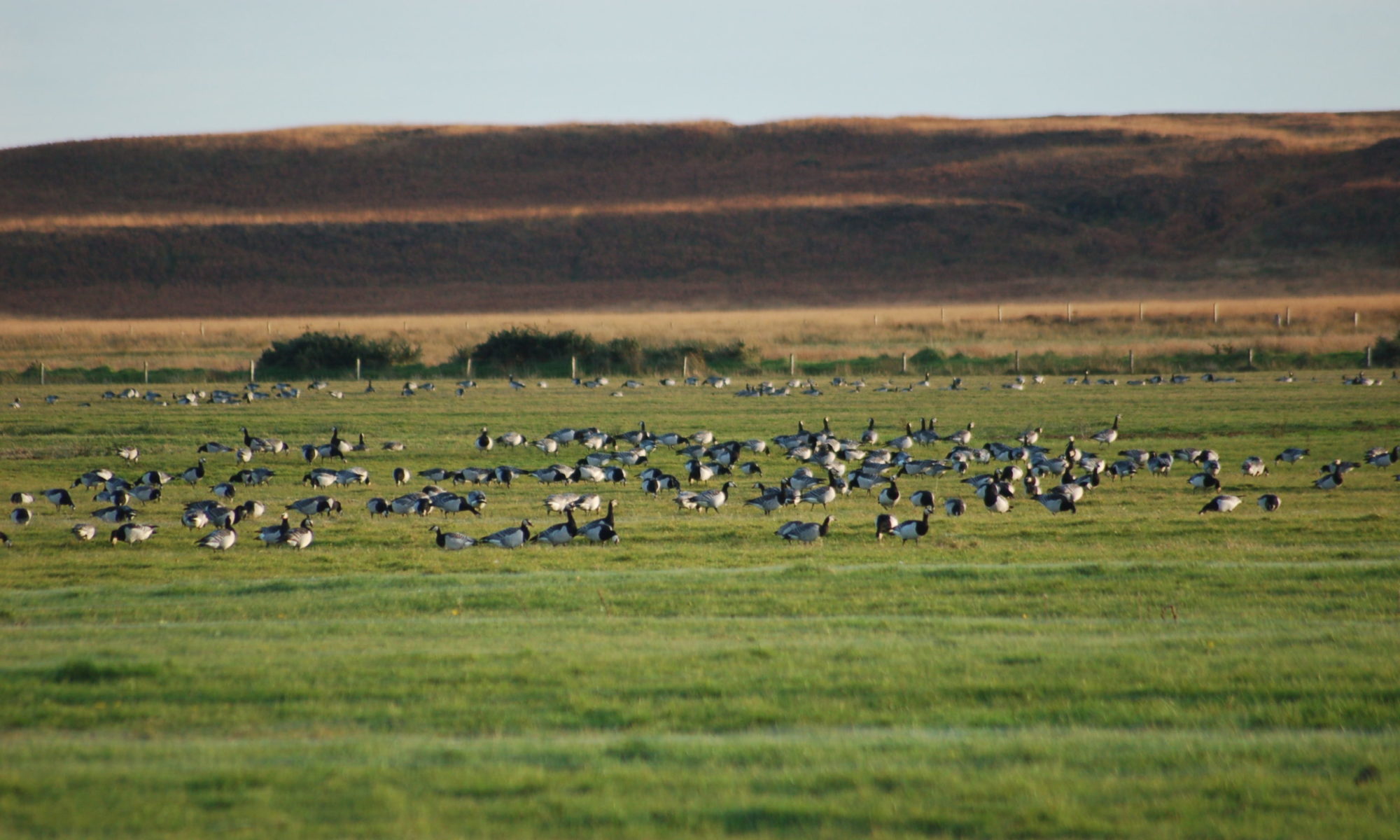New article published by ConHuB member Harriet Ibbett on ethical considerations when conservation research involves people published in Conservation Biology.
Abstract: Social science is becoming increasingly important in conservation, with more studies involving methodologies that collect data from and about people. Conservation science is a normative and applied discipline designed to support and inform management and practice. Poor research practice risks harming participants and,researchers, and can leave negative legacies. Often, those at the forefront of field-based research are early career researchers, many of whom enter their first research experience ill-prepared for the ethical conundrums they may face. We draw on our own experiences as early-career researchers to illuminate how ethical challenges arise during conservation research that involves human participants. Specifically, we considered ethical review procedures, conflicts of values, and power relations, and devised broad recommendations on how to navigate ethical challenges when they arise during research. In particular, we recommend researchers apply reflexivity (i.e., thinking that allows researchers to recognize the effect researchers have on the research) to help navigate ethical challenges and encourage greater engagement with ethical review processes and the development of ethical guidelines for conservation research that involves human participants. Such guidelines must be accompanied by the integration of rigorous ethical training into conservation education. We believe our experiences are not uncommon and can be avoided and hope to spark discussion to contribute to a more socially just conservation.
Brittain, S., Ibbett, H., Lange, E., Dorward, L., Hoyte, S., Marino, A., Milner‐Gulland, E.J., Newth, J., Rakotonarivo, S., Veríssimo, D. & Lewis, J. (2020). Ethical considerations when conservation research involves people. Conservation Biology.
